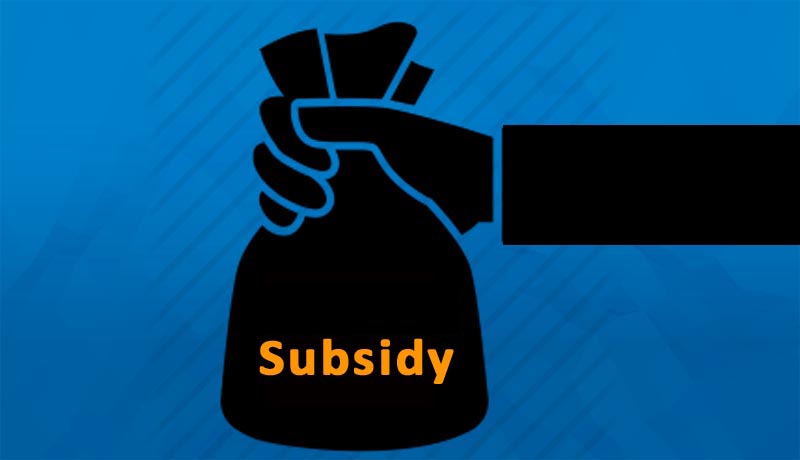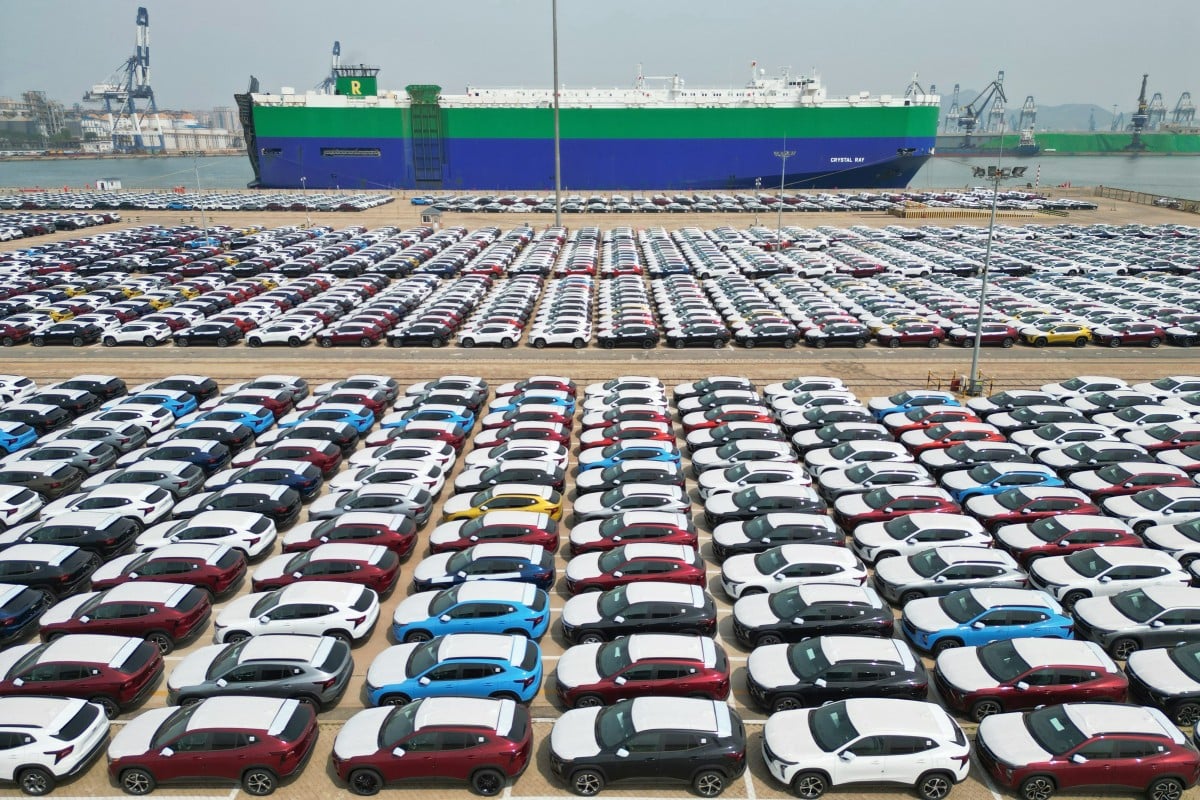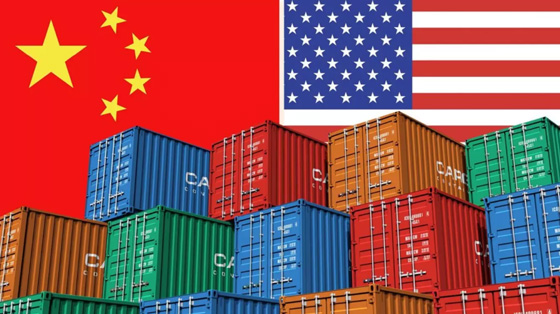Christopher A. McNally, Professor of Political Economy, Chaminade University
Jan 08, 2024
China must transition away from export-driven growth, particularly real estate sector, and focus more on domestic consumption, green technology and strengthening its social safety net.

Sebastian Contin Trillo-Figueroa, Geopolitics Analyst in EU-Asia Relations and AsiaGlobal Fellow, The University of Hong Kong
Jan 05, 2024
Subsidies have evolved into dual-purpose instruments, serving as drivers of self-reliance and geopolitical tools. This transformation, spurred by economic strategies and national security concerns, blurs the line between economic prosperity and safeguarding strategic interests, urging the need for a unified global economic stimulus strategy and enhanced cooperation in new realms to navigate this complex interplay effectively.
He Weiwen, Senior Fellow, Center for China and Globalization, CCG
Jan 02, 2024
Three major issues make things difficult at present, but the country is more likely to have higher growth after adjustments have been made. Supply-side reforms, fiscal support and a firm opening-up policy will be the keys to success.
Zhang Monan, Deputy Director of Institute of American and European Studies, CCIEE
Jan 02, 2024
A new framework is needed to accommodate their various interests as they deal with the ever-changing international situation and the challenges that crop up now and then. Relations have weathered storms over past decades mainly because the two sides share broad common interests.
Sebastian Contin Trillo-Figueroa, Geopolitics Analyst in EU-Asia Relations and AsiaGlobal Fellow, The University of Hong Kong
Dec 21, 2023
The EU’s attempt to lead global infrastructure development has been costly, but still lags behind America and China’s investment programs. Europe needs to make significant changes to catch up to the world’s leading powers.

Yu Xiang, Senior Fellow, China Construction Bank Research Institute
Dec 21, 2023
Carefully parsed economic data may serve as a smokescreen to conceal the genuine state of the U.S. economy and mislead investors. The fog confuses both the observers and the promoters of perceptions, rendering everyone incapable of gauging the seriousness of underlying issues.

Brian Wong, Assistant Professor in Philosophy and Fellow at Centre on Contemporary China and the World, HKU and Rhodes Scholar
Sebastian Contin Trillo-Figueroa, Geopolitics Analyst in EU-Asia Relations and AsiaGlobal Fellow, The University of Hong Kong
Dec 09, 2023
The global electric vehicle industry, dominated by China's rapid growth, has intensified competition, prompting the EU to investigate Chinese EVs and risking strained Sino-EU trade ties. The EU must balance climate aspirations and domestic interests while bolstering its EV industry for a sustainable and competitive future.
Zhou Xiaoming, Former Deputy Permanent Representative of China’s Mission to the UN Office in Geneva
Dec 05, 2023
The answer is no. But you’d never know it by listening to the United States and European Union, who want to scare foreign investors away. The more China opens up, the darker the picture they paint. They won’t be impressed, no matter how hard China tries to improve.

Charlotte Yuan, Bryn Mawr College student
Dec 01, 2023
East Asia is increasingly aligning with the U.S. to curb China's semiconductor ambitions, driven by the US's indispensable role in chip design and concerns about China's credibility as a business partner, giving the U.S. an advantage in the ongoing tech competition with China.

Ma Xue, Associate Fellow, Institute of American Studies, China Institutes of Contemporary International Relations
Dec 01, 2023
An overemphasis on competition may lead to pessimism and miscalculation. While the United States appears to be upgrading measures designed to pressure China, it should also strengthen its economic and trade ties. Interdependence and mutual benefit are excellent motivators.
Back to Top

- China-US Focus builds trust and understanding between the U.S. and China through open dialogue among thought leaders.
- Our Offerings
- Topics
- Videos
- Podcasts
- Columnists
- Research Reports
- Focus Digest
- Stay Connected
-
Thanks for signing up!
- Get the latest stories from China-US Focus weekly.